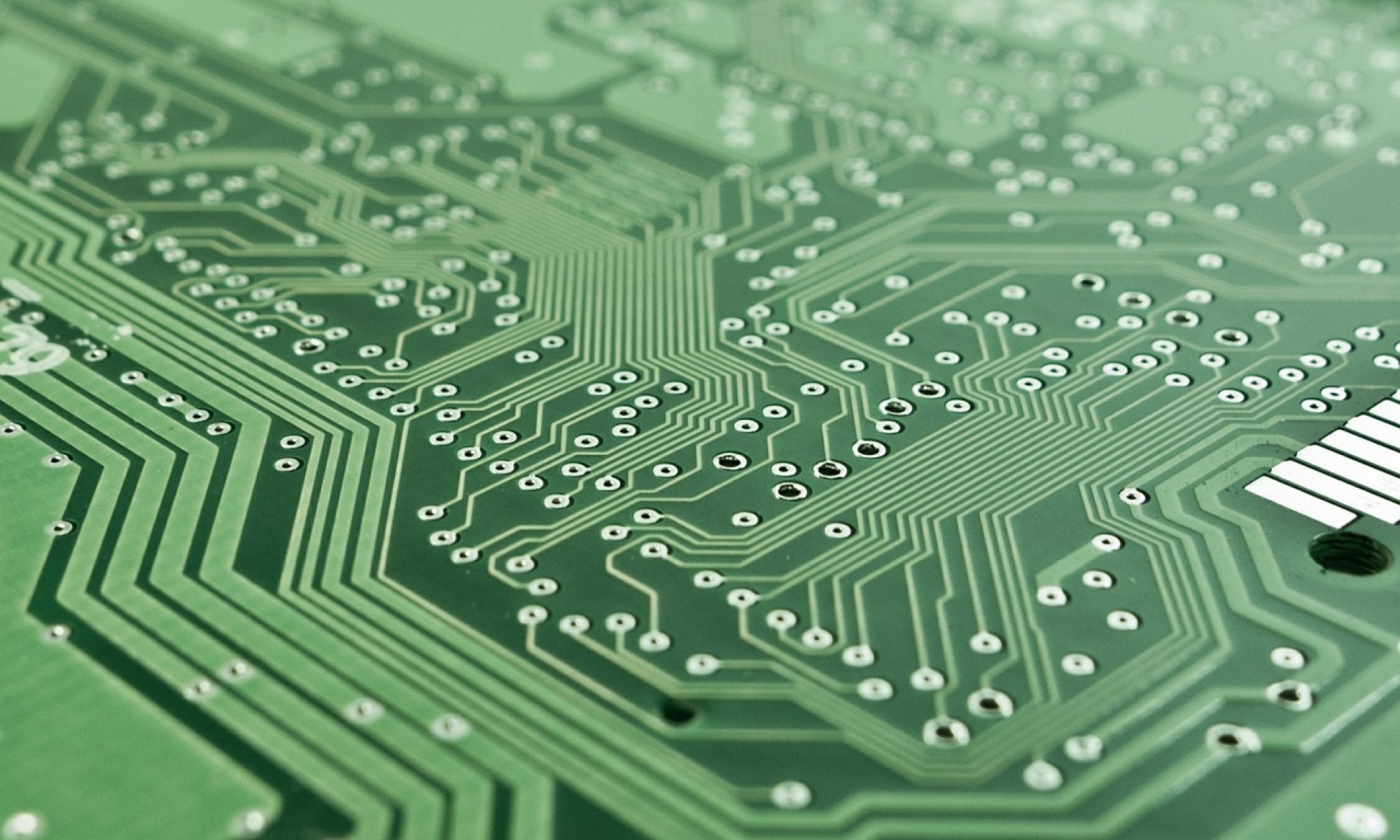Note: This post was written by SEI staff, Aida Sefic Williams.
During the last few weeks, I have received an increasing number of emails asking where people can recycle their old electronics. If you search for this answer online, you will probably be bombarded with various possibilities to return the electronics to manufacturers, sell your electronics for some extra cash, recycle your old electronics for a charitable cause, or simply bring the electronics to a national retailer. Another option, of course, is to bring your old electronics to a state-run or -approved collection event. Sometimes, going through pages and pages of information is not only time consuming, but it is also overwhelming.
To save you a headache, I took on the task of finding various e-waste collection and recycling methods. You can view various Electronic Take-Back and Donation Programs in a neat, easy-to understand format. This spreadsheet groups various electronic collection and recycling organizations in the following categories: Retailer Recycling Programs, Manufacturer Take-Back Programs, Electronics Trade-In Programs, Electronic Donation/Charity Programs, and State Collection Programs.
Rather than only providing you with links, the spreadsheet also tells you if you can simply drop off your equipment at a location, or if the electronics can be simply mailed to a facility. In addition, you can also find out simply which electronics are accepted by the various organizations. More importantly, I have also included links to various data-erasure methods. A common concern many consumers have is the security of their data before they turn in their old electronics.
In order to erase personal information from cell phones, feel free to visit the following websites:
To remove personal information from computers, the following services are available:
- Active@Kill Disk – Hard Drive Eraser
- Actronis® Drive Cleanser
- Blancco Data CleanerClean Your Old Hard Drives, TechSoup
- Do the “PC” Thing: Donate Computers; pg. 2, USEPA
- Eraser
- Obliterate Hard-Drive Data with Disk-Wiping Software, TechSoup
The Sustainable Electronics Initiative (SEI) does not endorse any specific data-erasing programs. The stated programs were listed for general consumer data and do not signify endorsement.
Did we leave anyone off? If we missed any electronic take-back organizations or charities, please let us know at sei@istc.illinois.edu.
